Biotechnology
Students compete to find solutions to biotechnological challenges
In the BioTech Case Competition at DTU, master’s students competed to find the best solutions to real problems. The purpose of the competition is to attract new employees, who are in high demand in the industry.
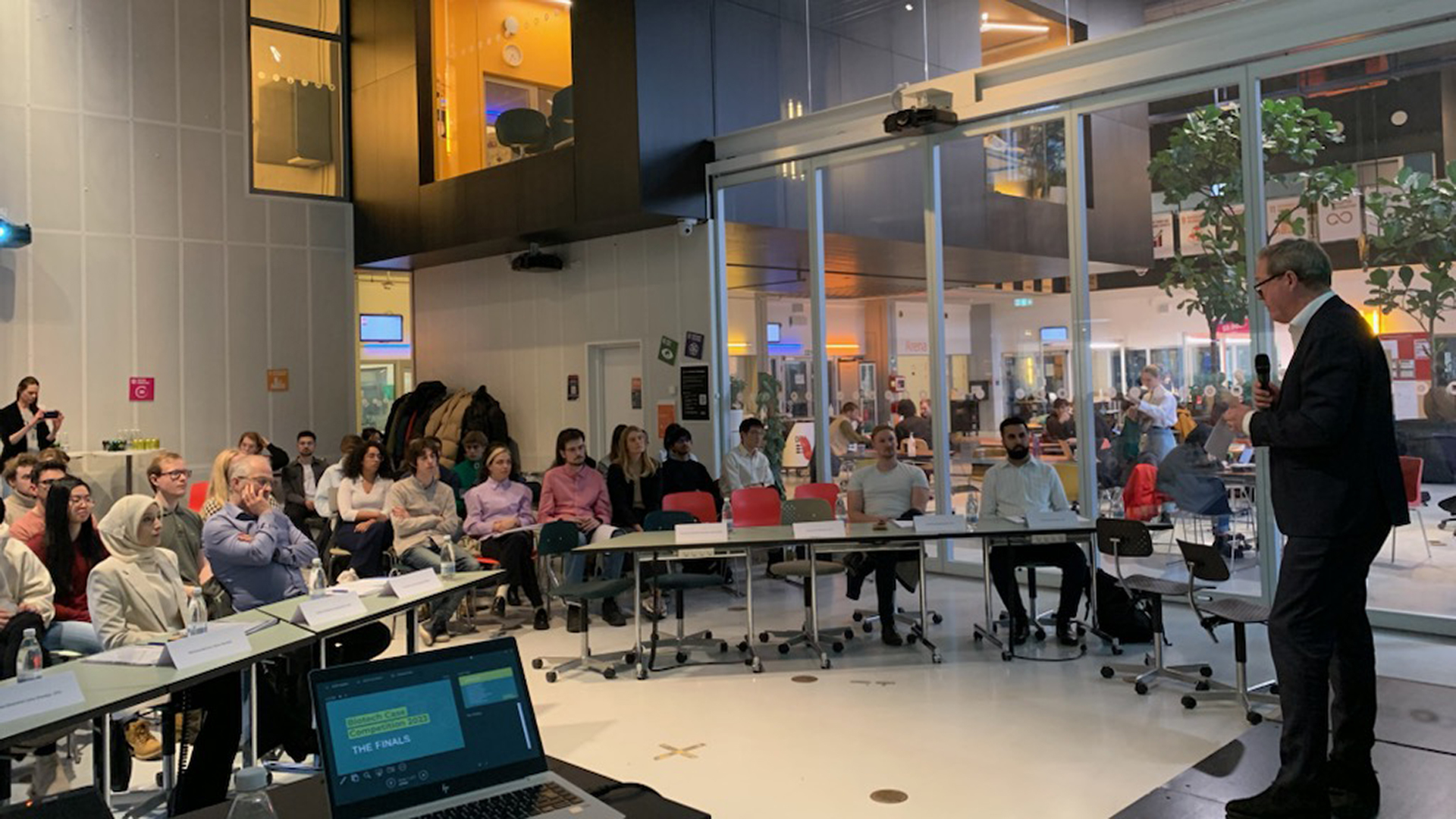
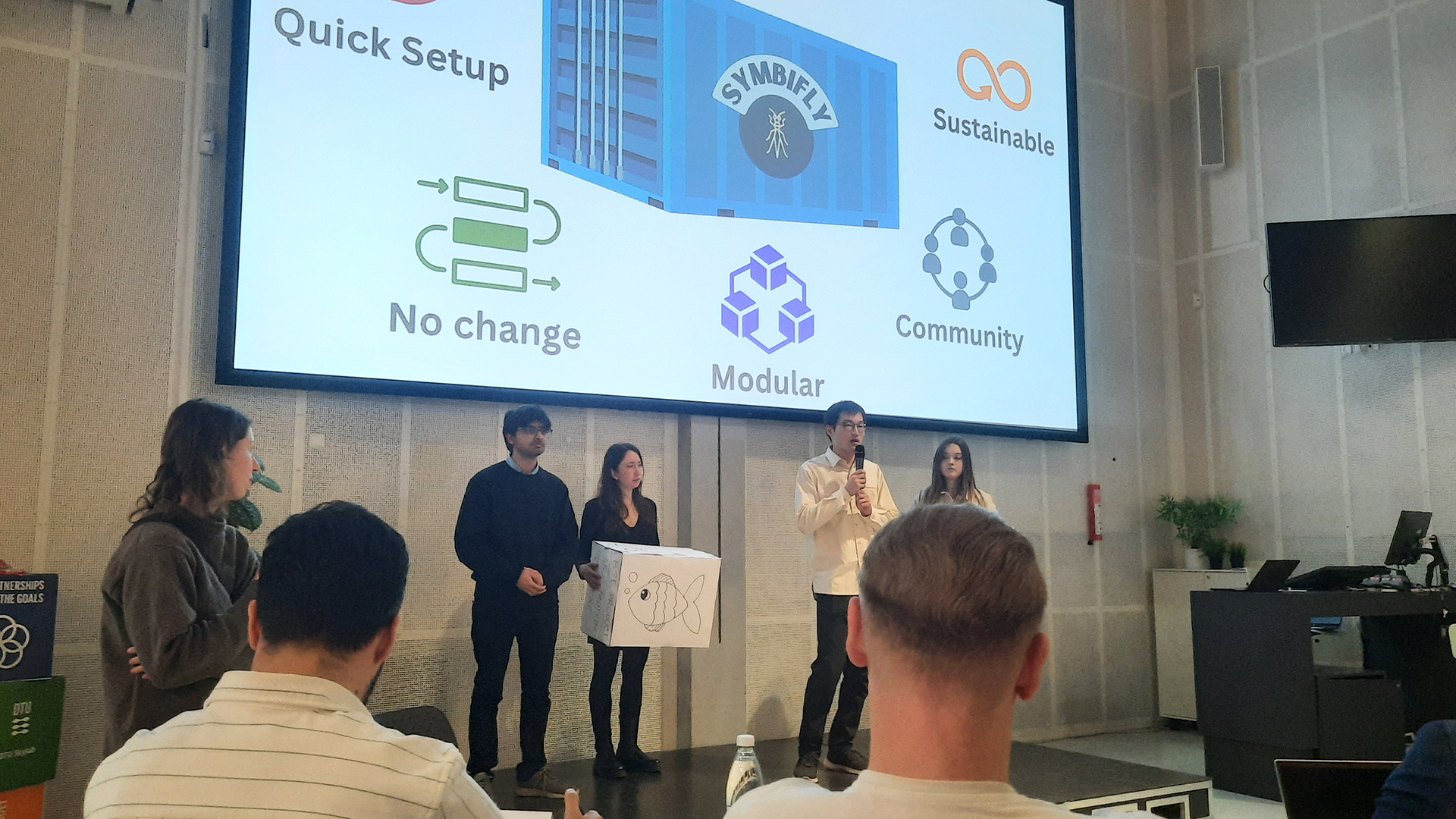
Great interest in biotechnology
The purpose of the competition is to attract potential employees to Kalundborg, where Scandinavia's largest bioindustrial cluster is located. There was a great deal of interest when registration for the BioTech Case Competition opened in March. Because of the high demand, the number of participants was increased from 40 to 50 students, while 20 students were on the waiting list.
There’s a need for engineers to meet the increasing demand for talents within bio and pharma production in Kalundborg, so from September 2023, DTU will offer a vocational master’s programme in Biomanufacturing. Students who are accepted to this programme will be able to work part-time for one of the companies during their studies. The new study programme is part of DTU’s strategy to educate more engineers throughout Denmark. It will contribute to maintaining and developing bio-based production in Denmark—and to creating new jobs.
The BioTech Case Competition is part of the lighthouse project ‘Biosolutions Zealand’, in which a range of partners work to make Zealand a global beacon for biological solutions. The competition is organized by DTU, Roskilde University, and Knowledge Hub Zealand and it is funded by the Danish Board of Business Development.
The winners of the BioTech Case Competition
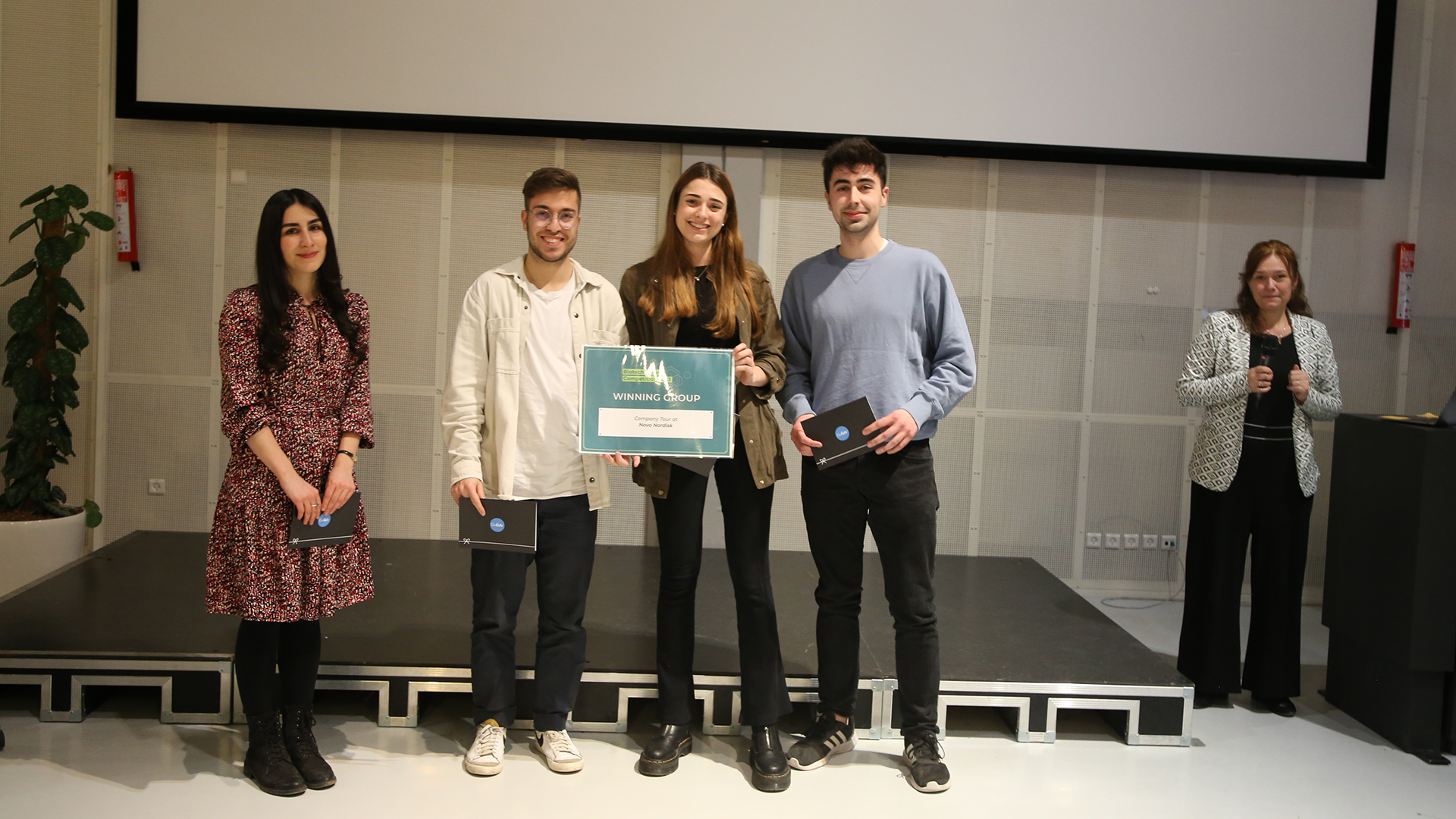
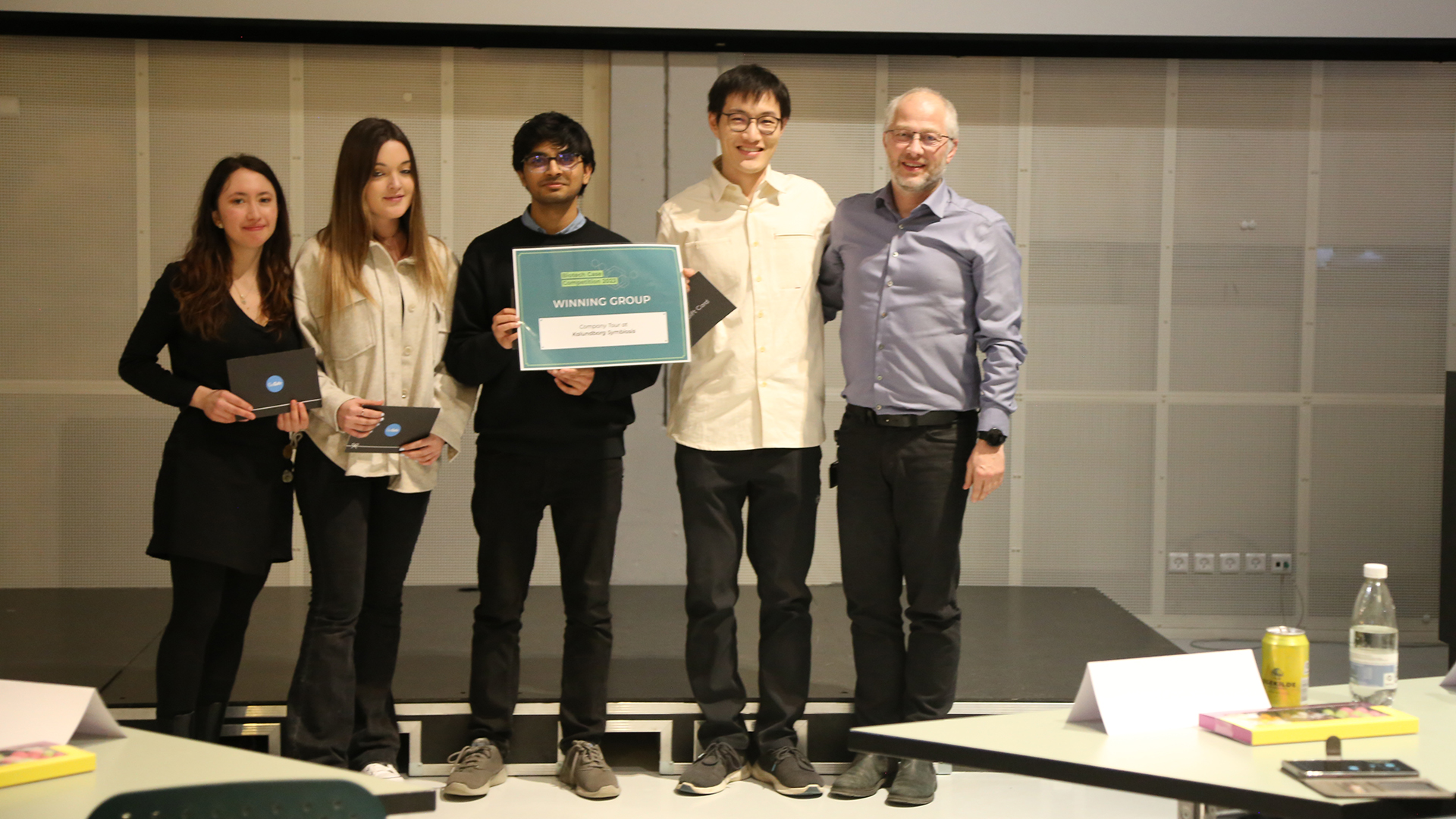
“There’s a lot of demand for skilled people”
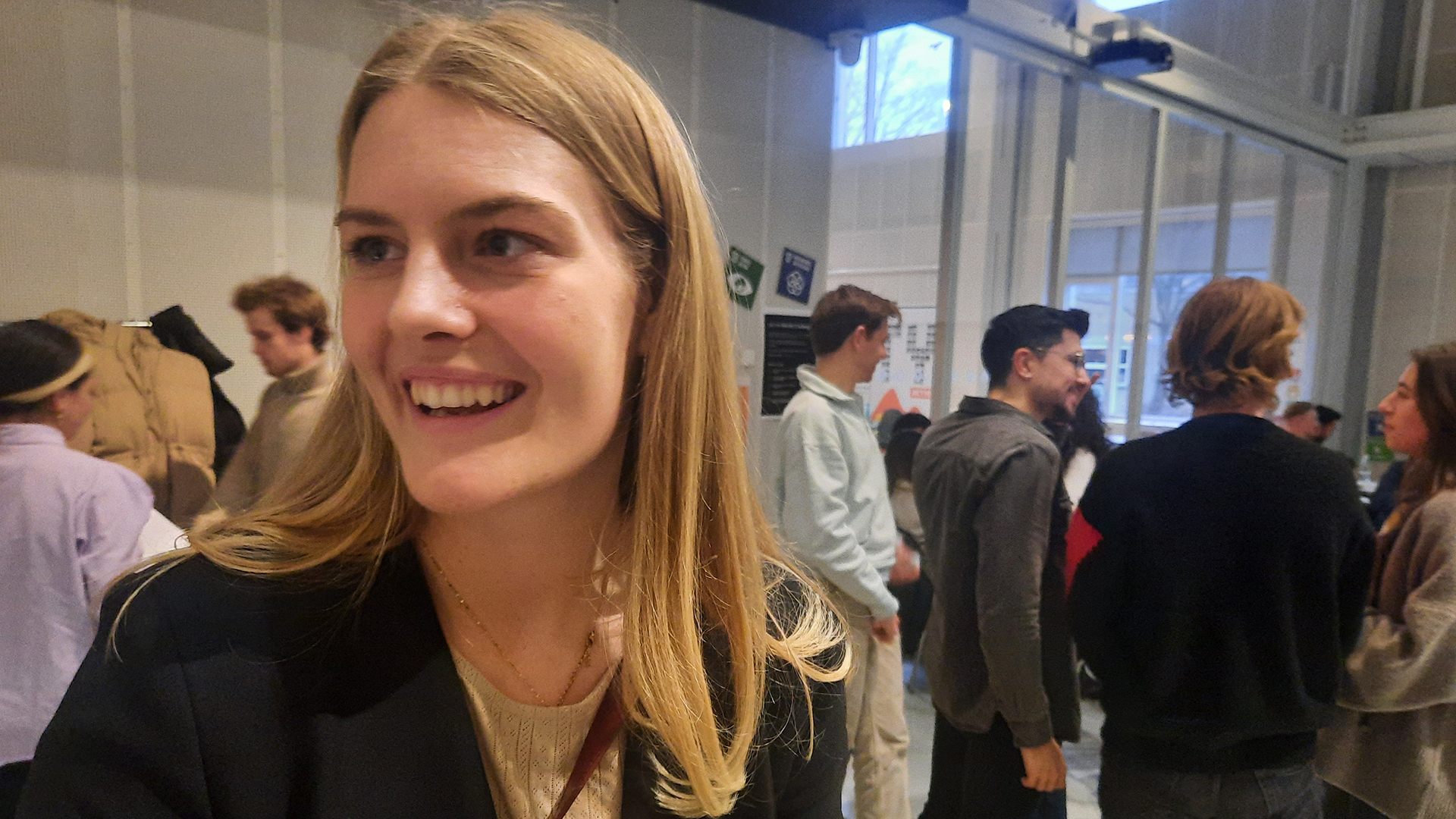
Name: Anneline Vlamynck.
Study programme: Studying Pharmaceutical Design and Engineering in the fourth semester of the master’s degree at DTU.
Case challenge: Anneline worked in a group that was tasked with finding a solution for handling disruptions in the fermentation process for Novo Nordisk.
Why did you take part in the competition?
I signed up for the case competition because I have a passion for biotechnology and because I wanted to get insight into what it’s like to work on a common goal with a team of people I don’t know. I have a special interest in working in a project-oriented way and wanted to find out if that’s the path I should take after my studies.
What did you get out of it?
First and foremost, I met a lot of new people with the same passion for the biotech industry as me. In addition, I learned to work closely with people from different countries and with many different competences.
What’s the next step?
The next step is to finish my thesis and start a new life as a full-time employee. There’s a lot of demand for skilled people in the biotech industry, and I expect to work in the industry in the future.
“I’m very interested in biotechnology”
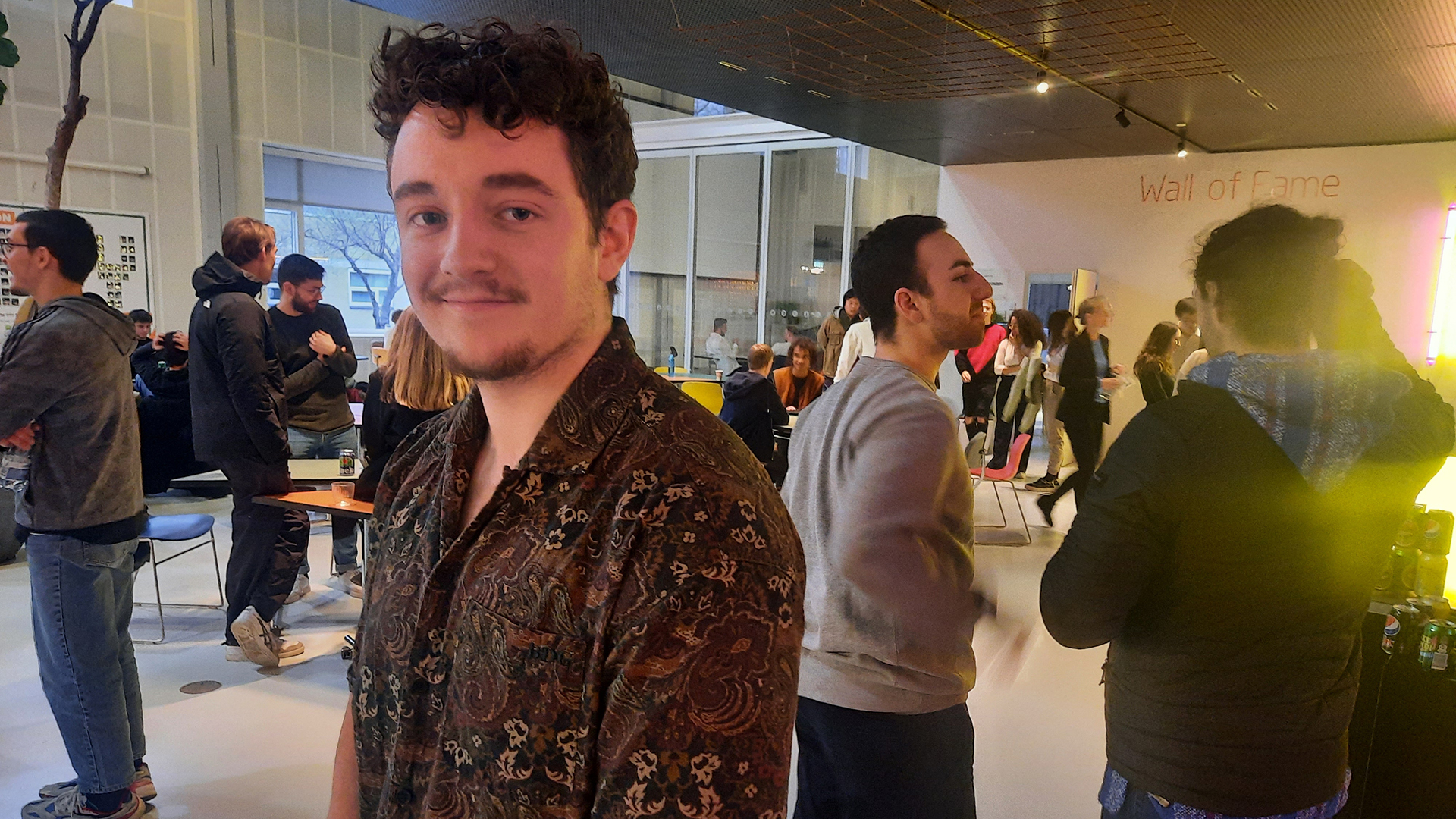
Name: Aksel Violle.
Study programme: Studying Applied Chemistry in the second semester of the master’s degree at DTU.
Case challenge: Aksel worked in a group that investigated the potential of utilizing resources from the current resource flows in Kalundborg Symbiosis.
Why did you take part in the competition?
I wanted to try this kind of intensive group work with open-ended questions, where I might be able to apply what I’ve learned during my studies. And the questions were interesting.
What did you get out of it?
I’ve learned how to work on a specific and innovative project in a group. I’ve also learned to express my ideas so that everyone understands them—even if the subject is complicated.
What’s the next step?
To finish my master’s degree and find a student job. I’m very interested in biotechnology and I think we’re only in the early stages of what can be done in this field, which is an intersection between different disciplines. For a chemist, it’s a very stimulating environment.
Contact
Jeanette Irene Nielsen Senior Executive Officer Office for Research, Advice and Innovation Mobile: +45 93511604 jeini@dtu.dk